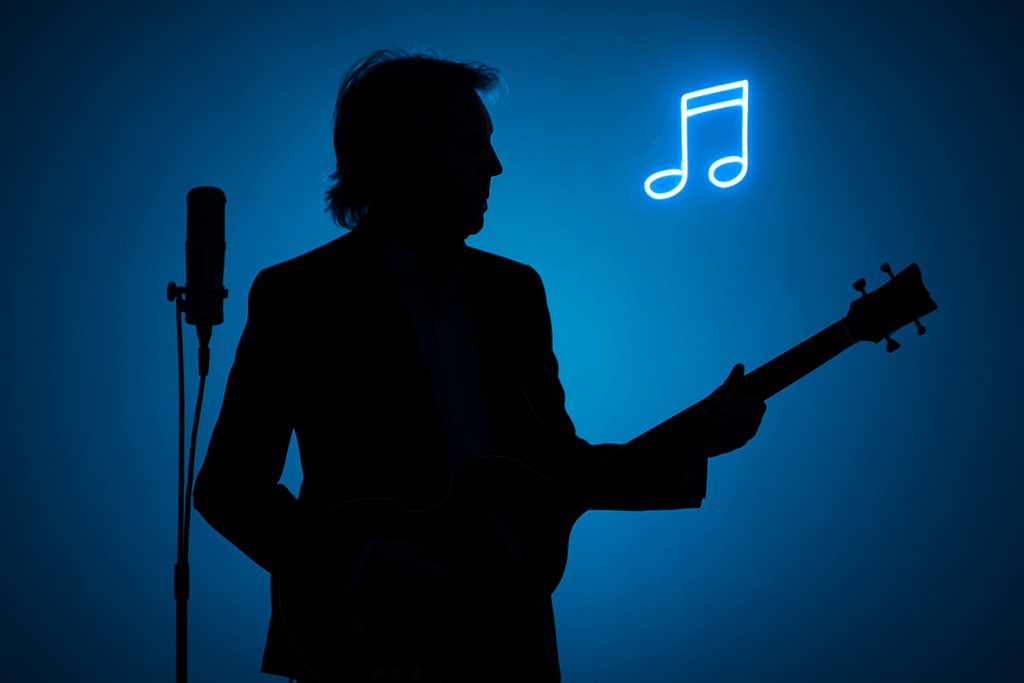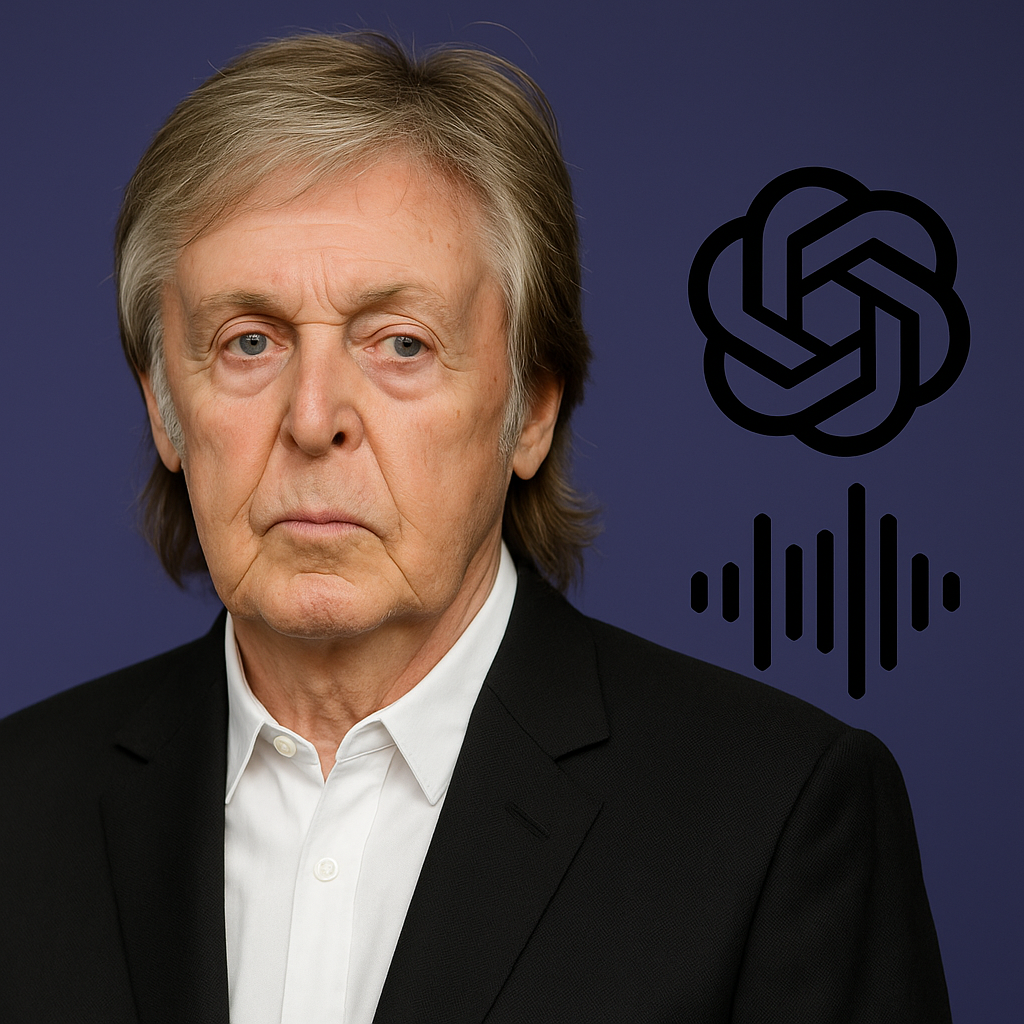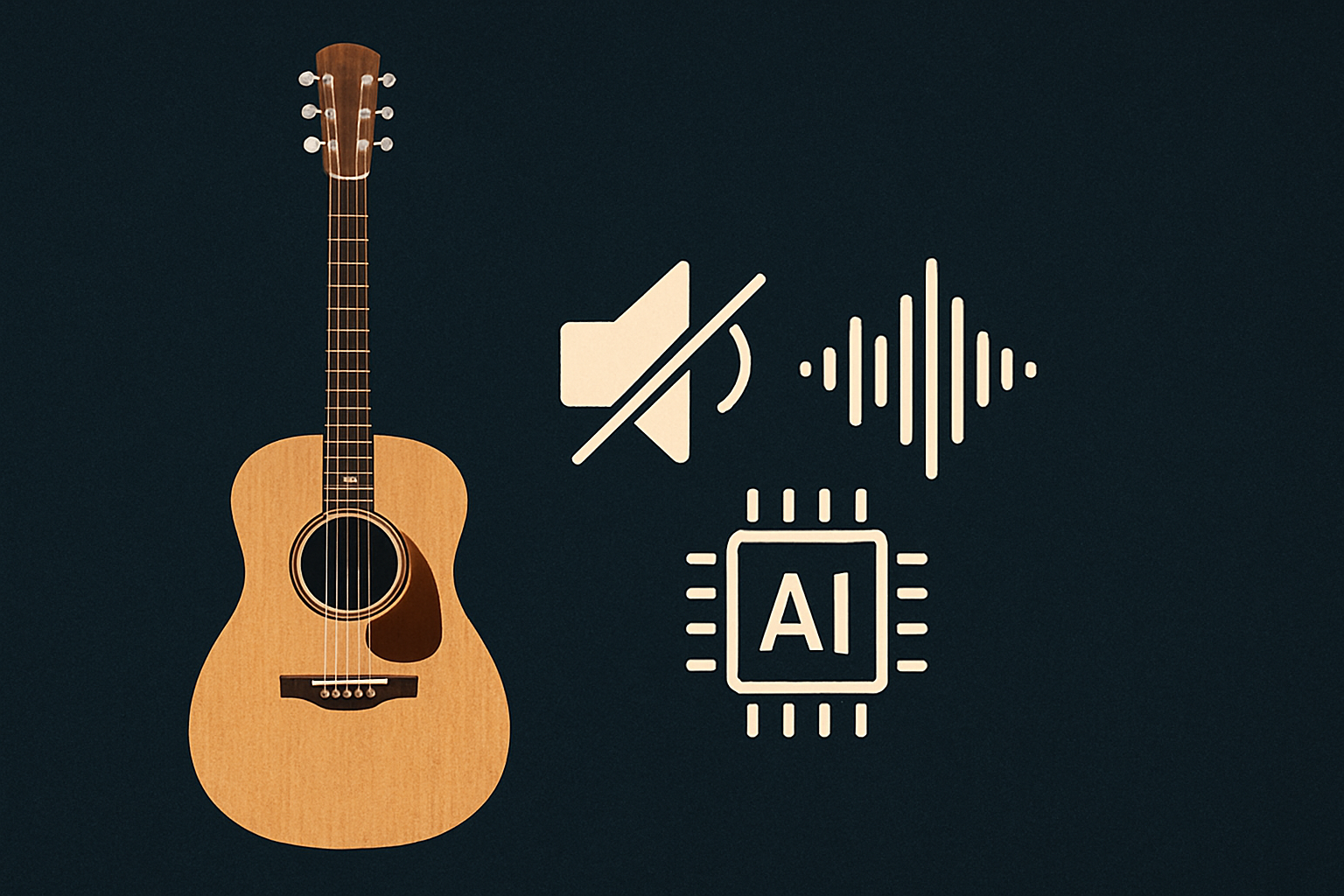The creative fight in music enters a strange new chapter.
Sir Paul McCartney dropped a “song” with no sound. Not a glitch. Not a stunt. A silent track with an associated message: AI cannot drift into music without rules, limits, or respect. And one of the greatest living songwriters wants the world to feel the strain. Literally.
The track arrives as streaming platforms face lawsuits, labels build new guardrails, and artists watch synthetic vocals spread faster than credits, payments, or permission. Silence is as protest. Silence is as commentary. Silence is a warning.
What’s Happening & Why This Matters
A Silent Track With a Sharp Point
McCartney’s track, uploaded as part of a coordinated industry protest, runs for thirty seconds. No melody. No chords. No vocals. Just silence. The silence is intentional. It represents what artists fear: a music industry that loses its soul as synthetic voices and machine-made songs flood the system.
The protest includes more than a thousand musicians across genres. They tell streaming platforms to stop letting AI models study entire catalogues without consent. Several industry groups argue the same point. The Recording Industry Association of America (RIAA) says the industry faces “the largest unlicensed use of creative work in modern history.” Artists echo that line daily. The message is simple: if machines train on human work, then humans deserve control, context, and compensation.
Music Platforms Now Sit Under Pressure

The protest lands as Spotify and Apple Music face scrutiny for how AI-generated songs appear inside playlists with little labelling. Apple says it reviews training claims “case by case,” but artists argue the policy feels flimsy. Spotify defends its use policies but refuses to detail training sets. Industry executives say this grey zone creates mistrust.
Meanwhile, independent musicians describe a lingering problem: voice-clone uploads that impersonate real artists. Some tracks reach millions of plays before takedowns even start. AI tools improve at mimicking phrasing, timing, and emotional tone. And for many artists, the line between imitation and identity theft thins fast.
A Protest Through Humour and Alarm

McCartney’s silent track is not an angry essay. It is not a long legal brief. It is a wink wrapped inside a warning. He spent sixty years defining modern music. Now he uses nothing — no sound at all — to illustrate what happens when creativity is overshadowed by automation.
Several artists joined him with their own silent uploads. Some name the tracks “Ghost Vocal.” Some call them “AI Took My Song.” Others left the title blank. The goal is consistent: force every platform to confront the message in a format it cannot ignore.
TF Summary: What’s Next
AI enters music faster than laws, contracts, or artists can respond. Silent tracks turn into symbolic protest and test platforms to rethink open training access. McCartney’s action, simple on the surface, anchors the heart of a cultural moment that questions authorship, rights, and creative identity in the AI age.
MY FORECAST: Artists’ dissent is rising. Labels are reactharder. Streaming platforms introduce clear labelling, new permissions, and contractual guardrails. The fight turns from symbolic silence to structured agreements.
— Text-to-Speech (TTS) provided by gspeech


